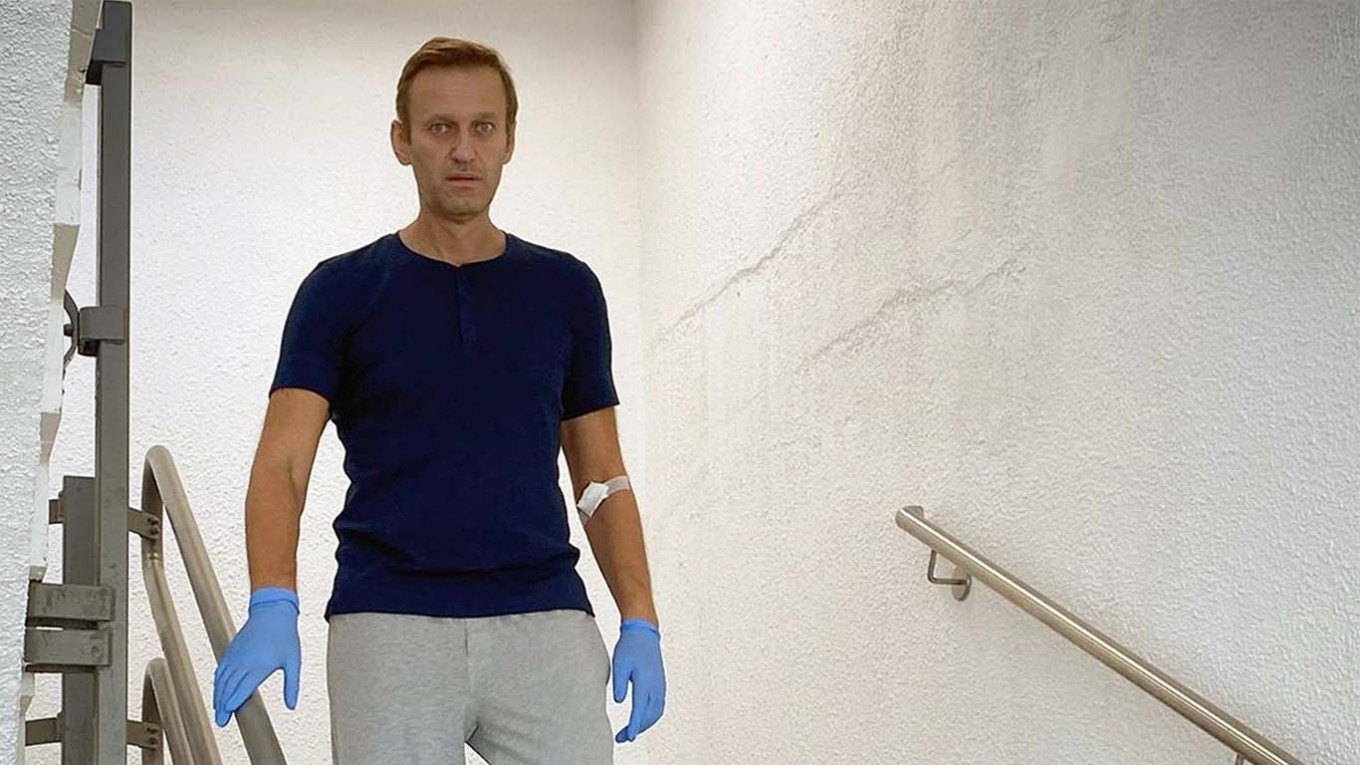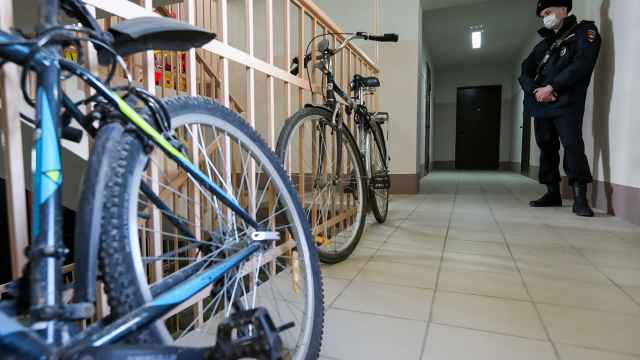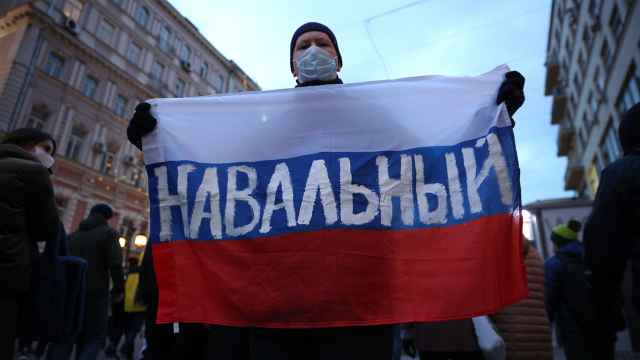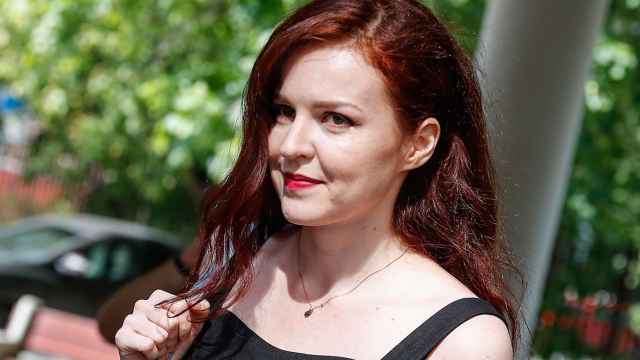Russia said Thursday it will soon introduce retaliatory sanctions on German and French officials over the poisoning of Russian opposition figure Alexei Navalny.
The 44-year-old anti-graft campaigner collapsed on a flight in Russia in August and was transported to Germany where experts concluded he was poisoned with the Soviet-designed nerve agent Novichok.
The European Union slapped sanctions on several Russian officials in October saying the attack could not have been carried out without the complicity of Moscow's security services.
Russian Foreign Minister Sergei Lavrov said Thursday the Kremlin had confirmed sanctions in response and that they would soon be announced to Germany and France.
"Since Germany was the driving force behind the European Union's sanctions connected to Navalny, since these sanctions directly concern senior staff of the presidential administration of the Russian Federation, our response sanctions will mirror them," Lavrov said.
Navalny has said he believes Russian President Vladimir Putin approved the poisoning, while the Kremlin has strenuously denied involvement and accused Germany of refusing to cooperate in an investigation.
Lavrov on Thursday added without providing evidence that Moscow had "reason to believe" the nerve agent could have entered Navalny's system during the flight to Berlin's Charite hospital or while he was in Germany.
Navalny's spokeswoman Kira Yarmysh called the suggestion that Navalny was poisoned in Germany "the most idiotic of them all."
Doctors who treated Navalny before he was flown to Berlin said last week the opposition figure had not been poisoned but instead was suffering from metabolic issues and pancreatitis.
Navalny remains in Germany for treatment but has vowed to return to Russia after making a full recovery.
A Message from The Moscow Times:
Dear readers,
We are facing unprecedented challenges. Russia's Prosecutor General's Office has designated The Moscow Times as an "undesirable" organization, criminalizing our work and putting our staff at risk of prosecution. This follows our earlier unjust labeling as a "foreign agent."
These actions are direct attempts to silence independent journalism in Russia. The authorities claim our work "discredits the decisions of the Russian leadership." We see things differently: we strive to provide accurate, unbiased reporting on Russia.
We, the journalists of The Moscow Times, refuse to be silenced. But to continue our work, we need your help.
Your support, no matter how small, makes a world of difference. If you can, please support us monthly starting from just $2. It's quick to set up, and every contribution makes a significant impact.
By supporting The Moscow Times, you're defending open, independent journalism in the face of repression. Thank you for standing with us.
Remind me later.






